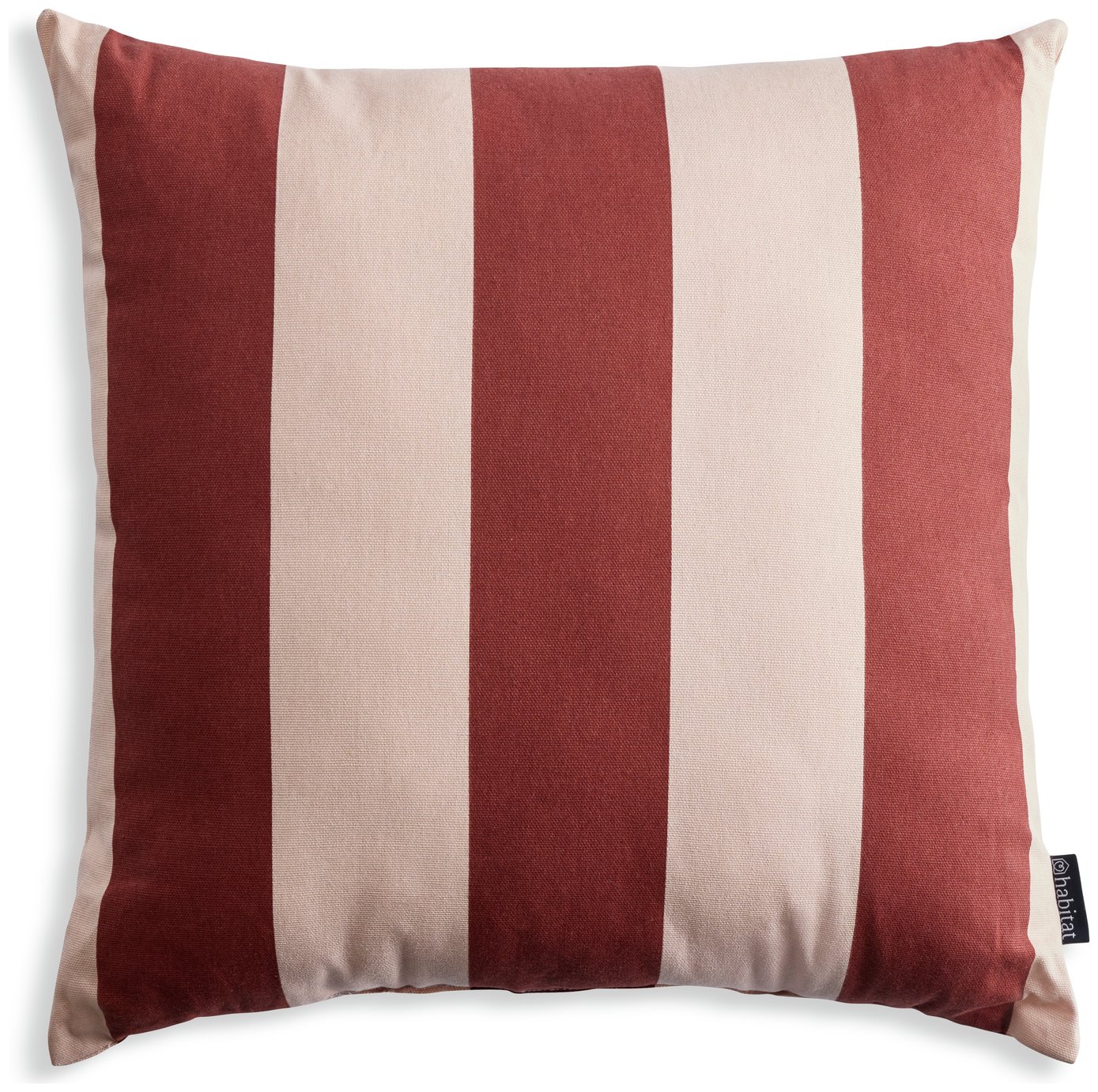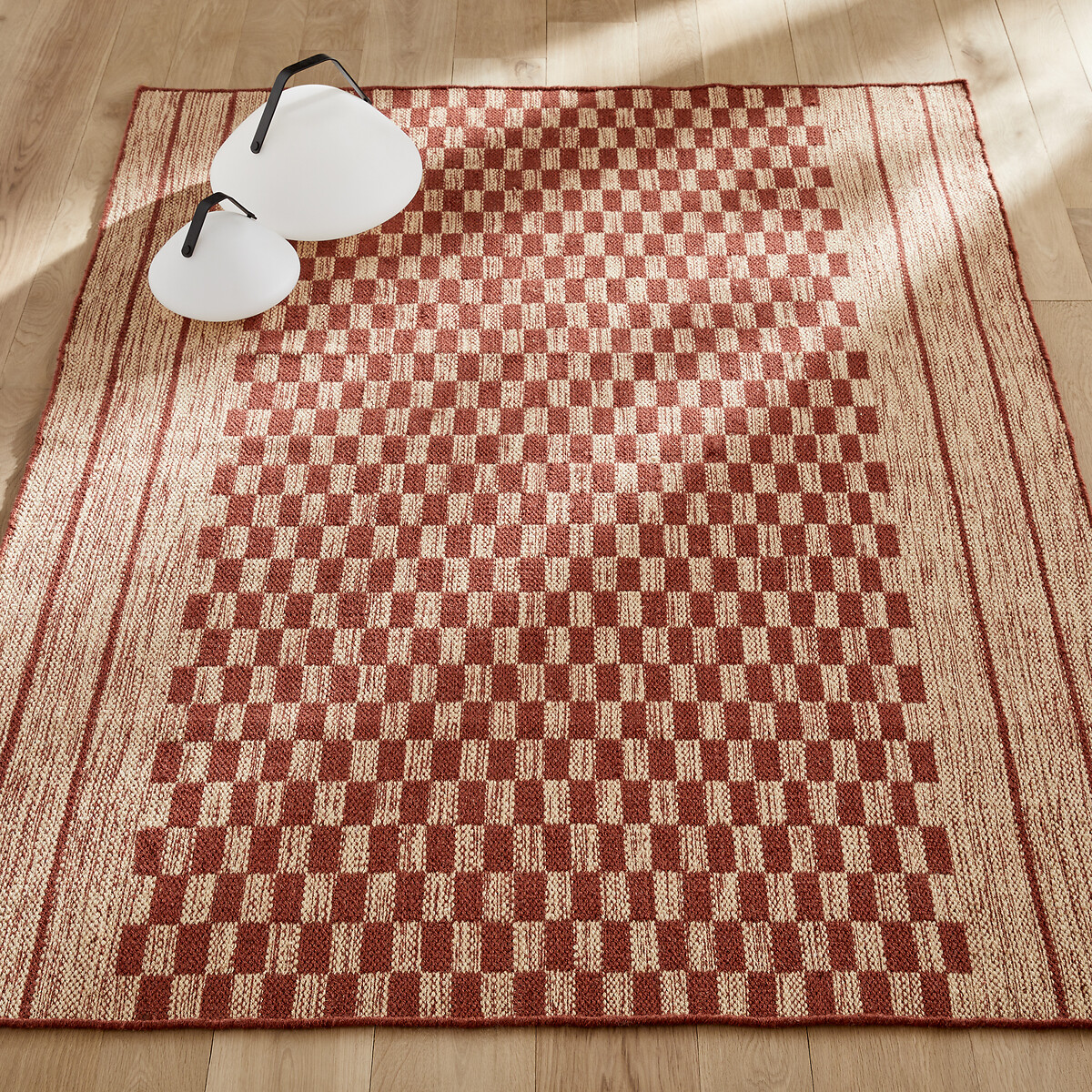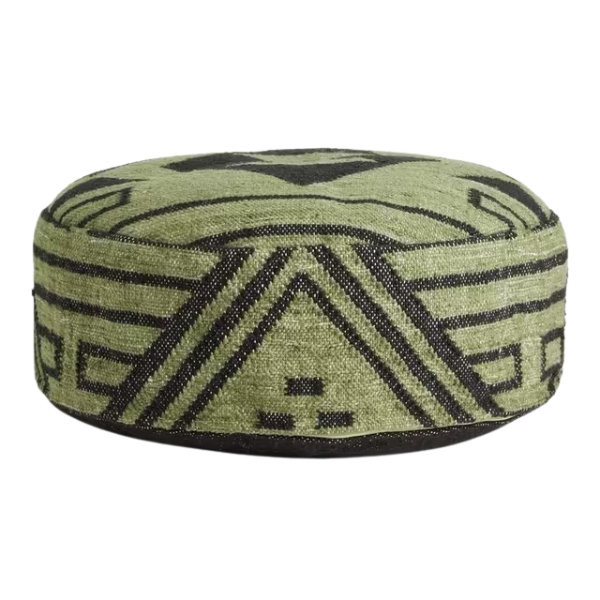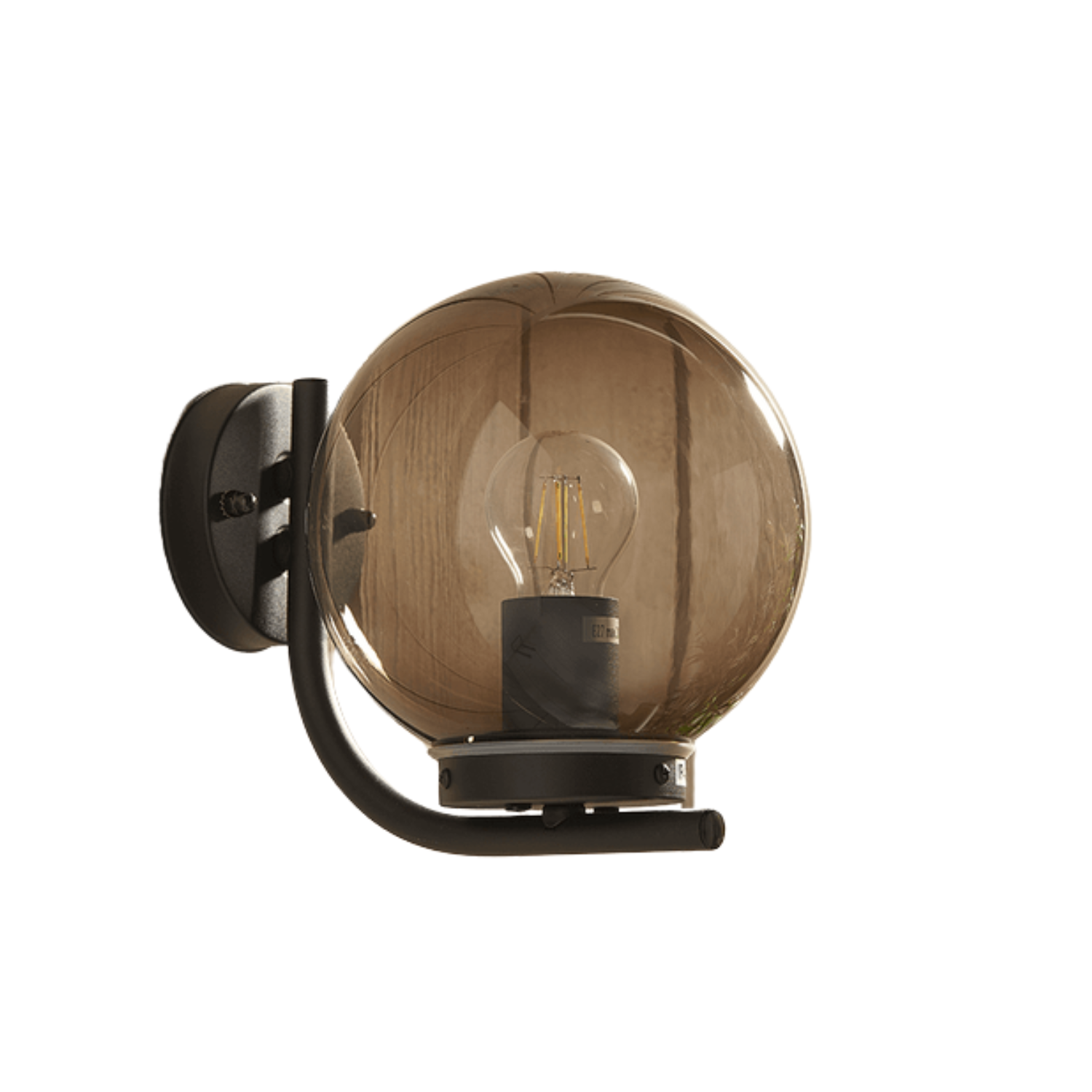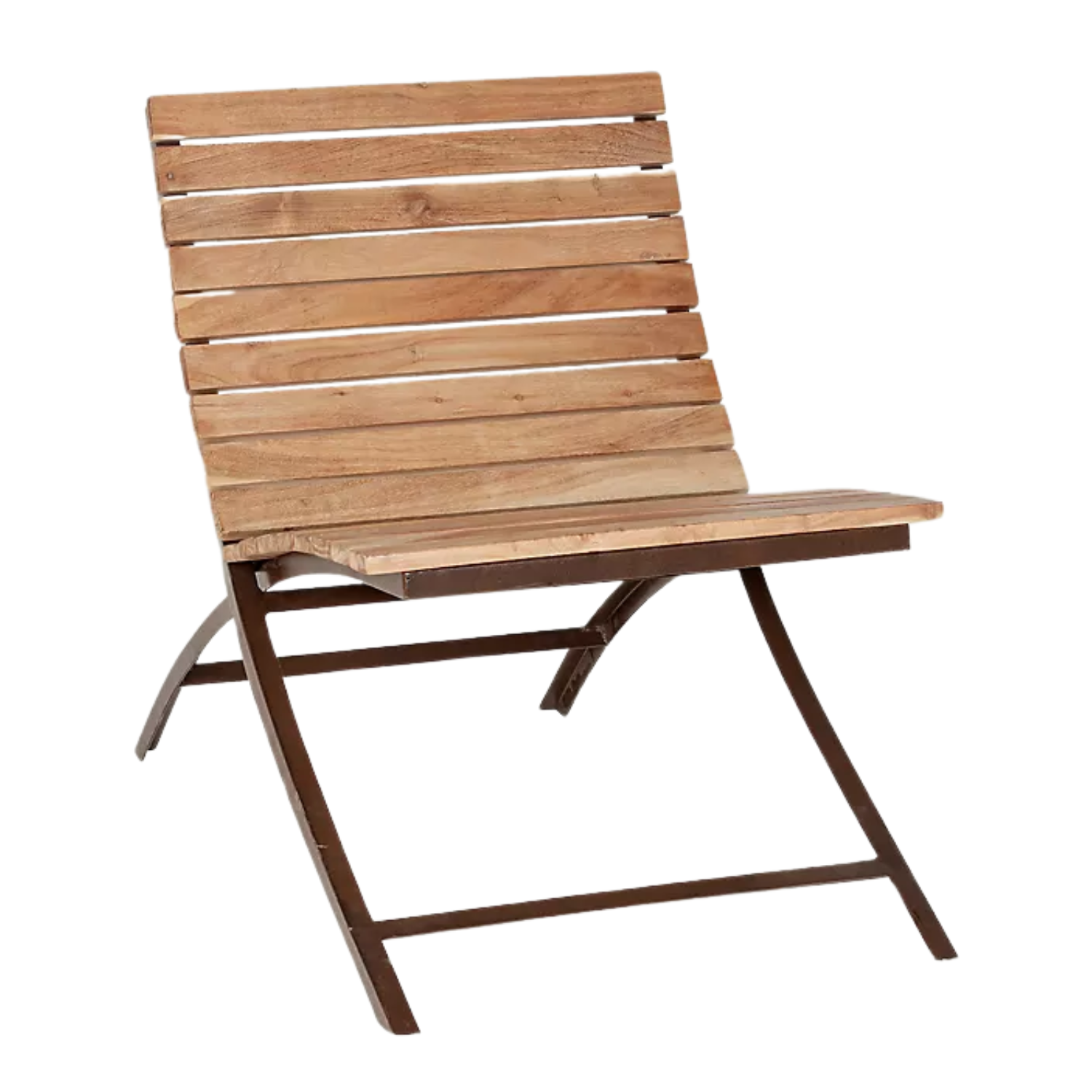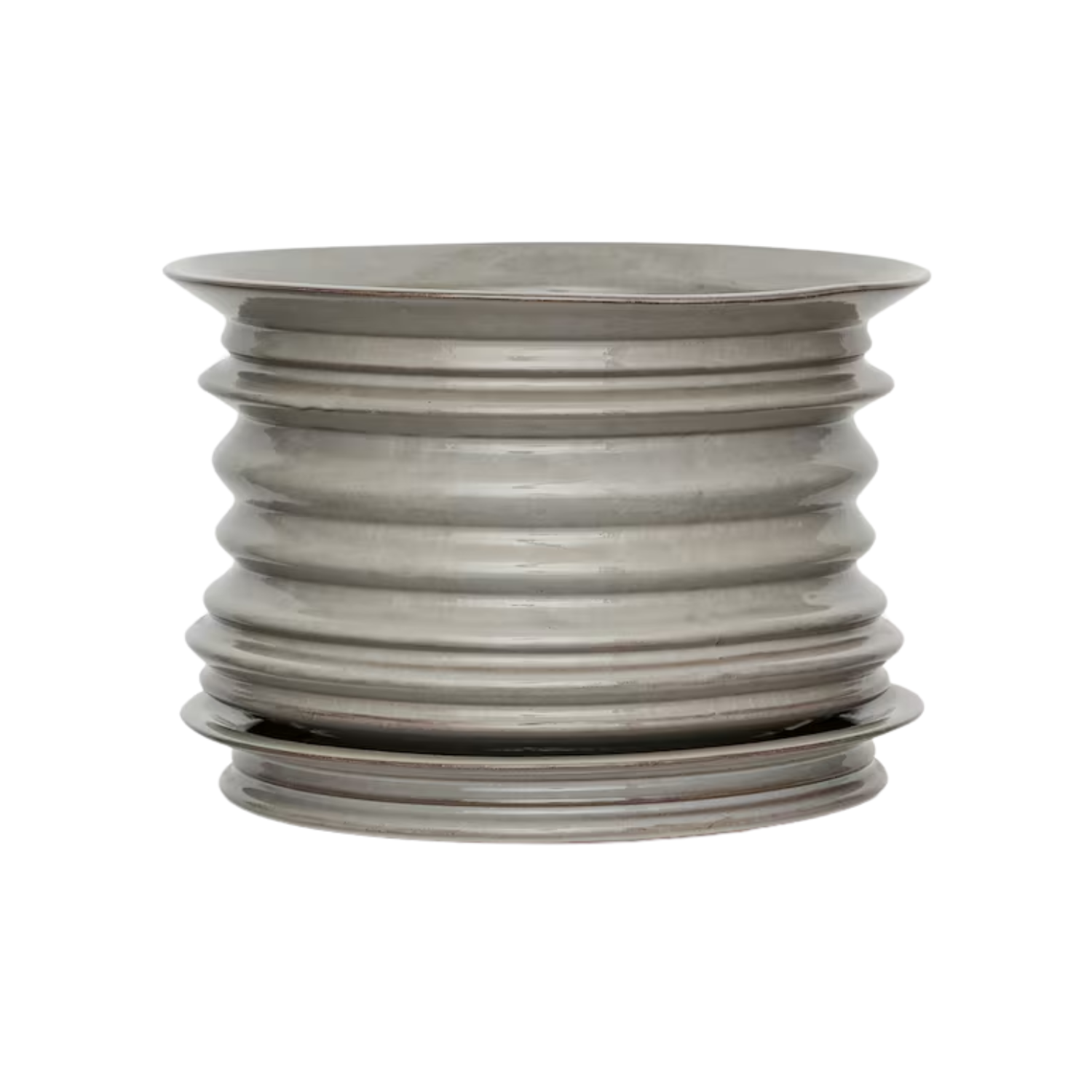10 Things to Throw Out of Your Garden — Because You Don't Actually Need Them and They're Ruining Your Outdoor Space's Vibe
Whether you trash, reuse, or recycle these items, something must be done to get them out of your backyard

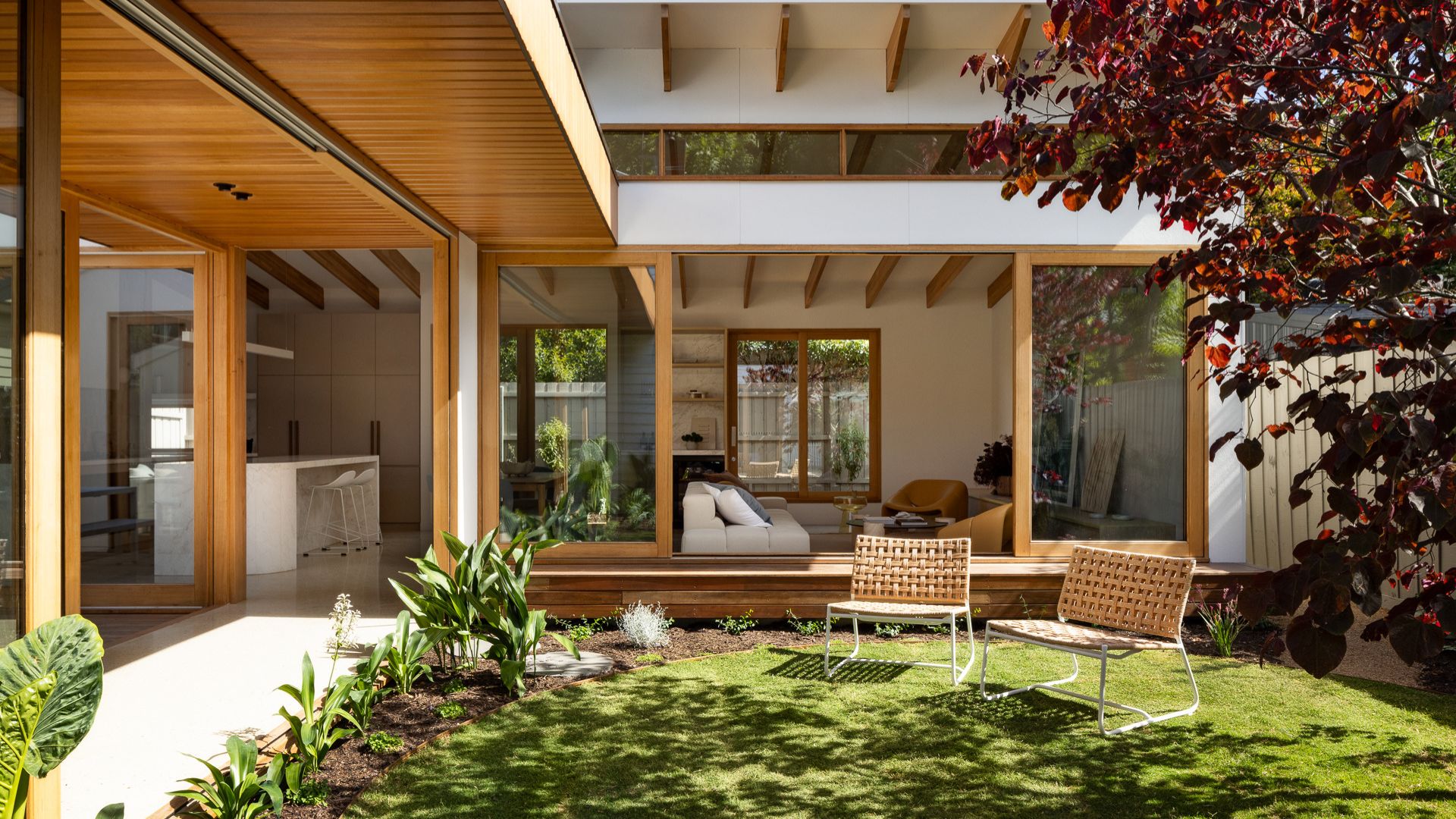
The Livingetc newsletters are your inside source for what’s shaping interiors now - and what’s next. Discover trend forecasts, smart style ideas, and curated shopping inspiration that brings design to life. Subscribe today and stay ahead of the curve.
You are now subscribed
Your newsletter sign-up was successful
A spring garden is meant to evoke a sense of serene and simple joy. However, this calming ambiance can be dampened in an instant. And the cause? A litter of items that simply don't belong.
So, alongside identifying what to bring into your garden, it's also important to recognize what to take out of it, for a cleaner, pared-back outdoor space. And now that the alfresco entertaining season is upon us, there's no time like the present to knock this chore out of the park.
From dull planters and damaged decor to withering plants and aged furniture, here's a list of things landscape designers urge you to rid your modern garden of now.
1. Old Garden Bed Containers
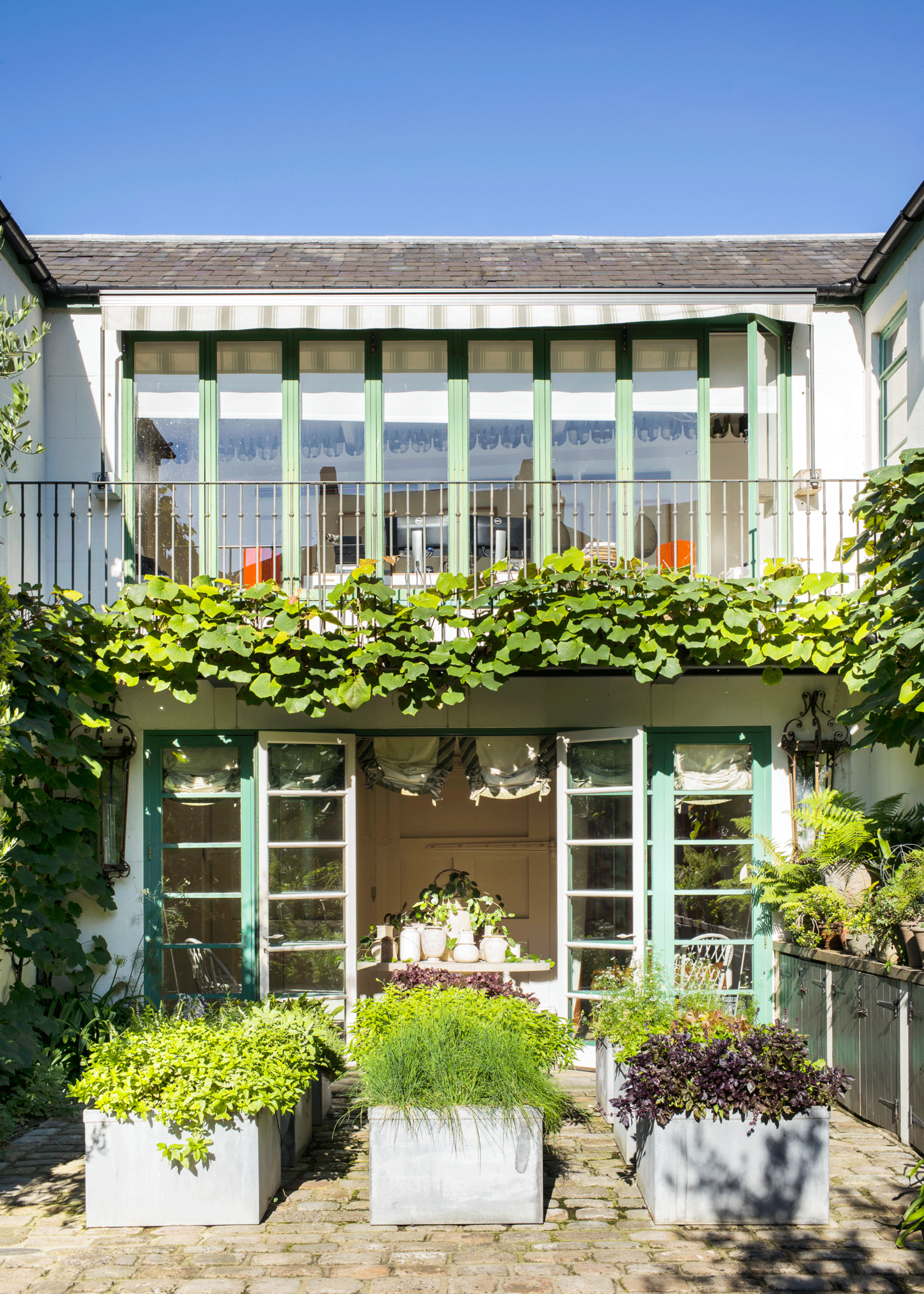
DO INSTEAD: Introduce fresh, clean raised beds for spring.
Joe Raboine, vice president of design at Oldcastle APG, tells me that the first thing to throw out of your backyard is old garden bed containers. Retaining these raised planters for longer than you should is one of the main mistakes that lead to a cluttered backyard.
"Refreshed flower beds can make a big difference in decluttering a garden and can bring more attention to the beautiful plants, flowers, herbs, fruits, and vegetables instead of the decaying materials of the old garden bed," she says.
"You can build raised beds directly into the ground or use an elevated container — the size of your space can help determine the best option."
Joe Raboine is the vice president of design at Oldcastle APG, a parent company of Belgard. Oldcastle APG is part of one of the largest global networks of manufacturers in the architectural products industry.
2. Broken Concrete and Tiles
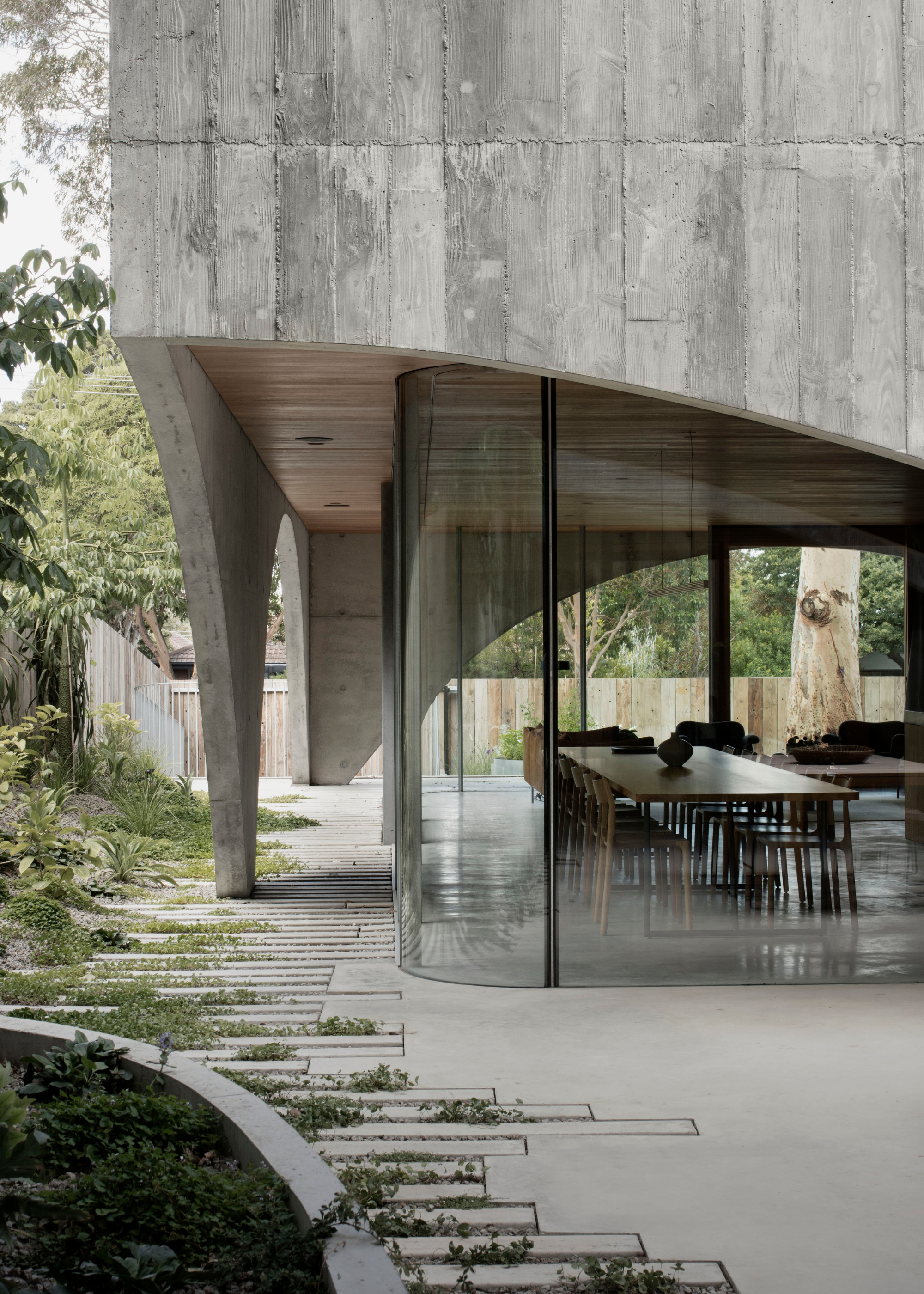
DO INSTEAD: Enlist help to repave your garden pathway.
When it comes to designing a garden, hardscaping materials are often seen as a one-and-done job. And this tends to remain true if you take good care of your backyard, but even hardscaping undergoes wear and tear.
The Livingetc newsletters are your inside source for what’s shaping interiors now - and what’s next. Discover trend forecasts, smart style ideas, and curated shopping inspiration that brings design to life. Subscribe today and stay ahead of the curve.
"It’s good to do an annual check to make sure no debris or broken concrete has intruded into your garden space," says Joe. "Not only are these elements considered clutter, but they also can reduce the safety of the area and are generally necessary to remove immediately."
So if you spot any broken tiles or cracks on your garden path, now's the time to fix them up.
3. Excessive Lighting and Water Elements
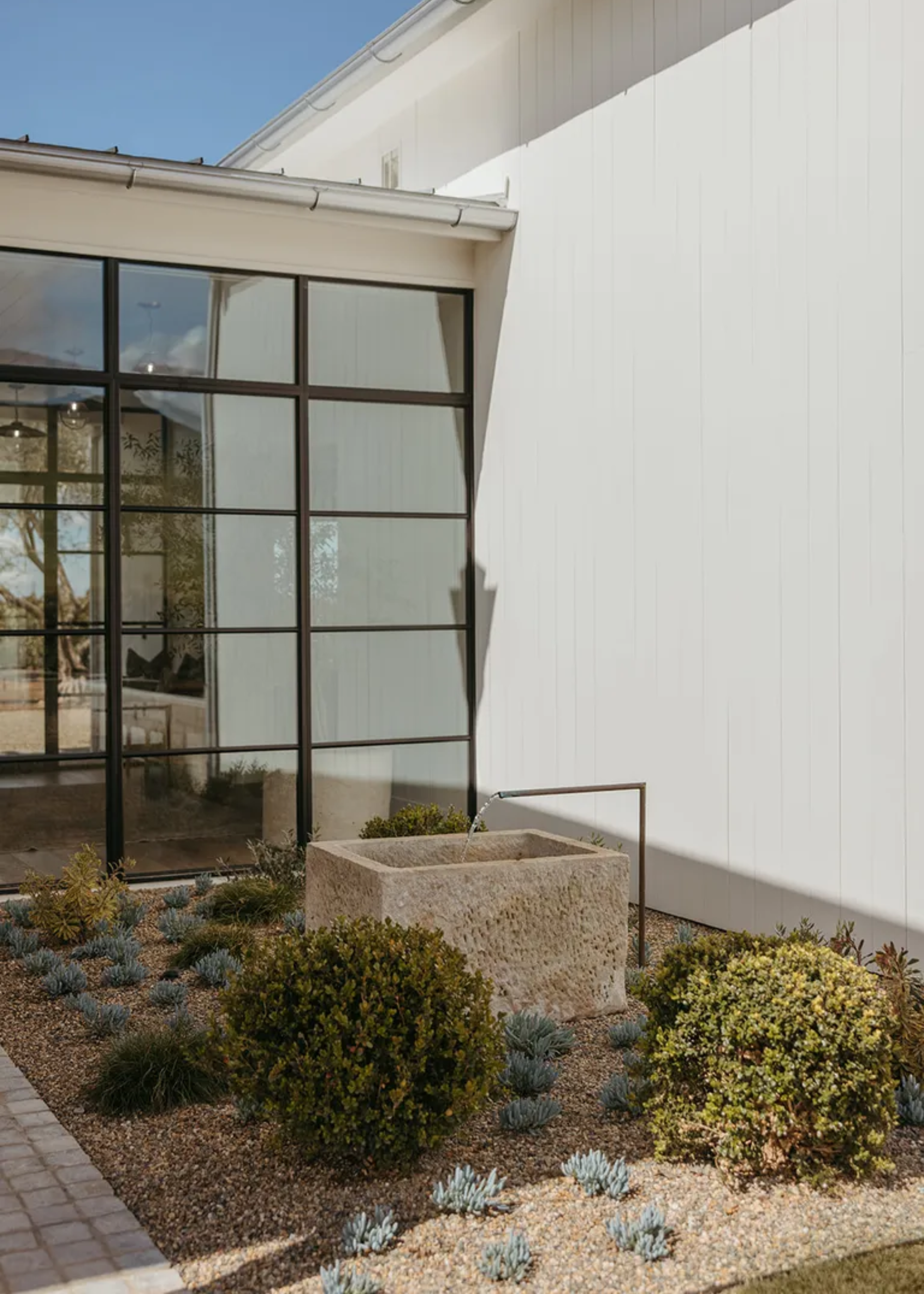
DO INSTEAD: Pare back the space and go minimalistic.
There are some garden features that add value to a home, and others that can quickly take a space from tidy and clean to cluttered and chaotic.
"Strategic lighting and water elements can make a smaller space pop, but if there are too many extra elements going on, the space will be cluttered and not translate well," he notes. "Simple lighting can go a long way in adding a chic element that takes your garden area to the next level."
Just as jumping on every other interior design trend can overwhelm a space, the same goes for an outdoor space. So my advice would be to stick to one style and keep it simple.
4. Winter-Wilted Plants
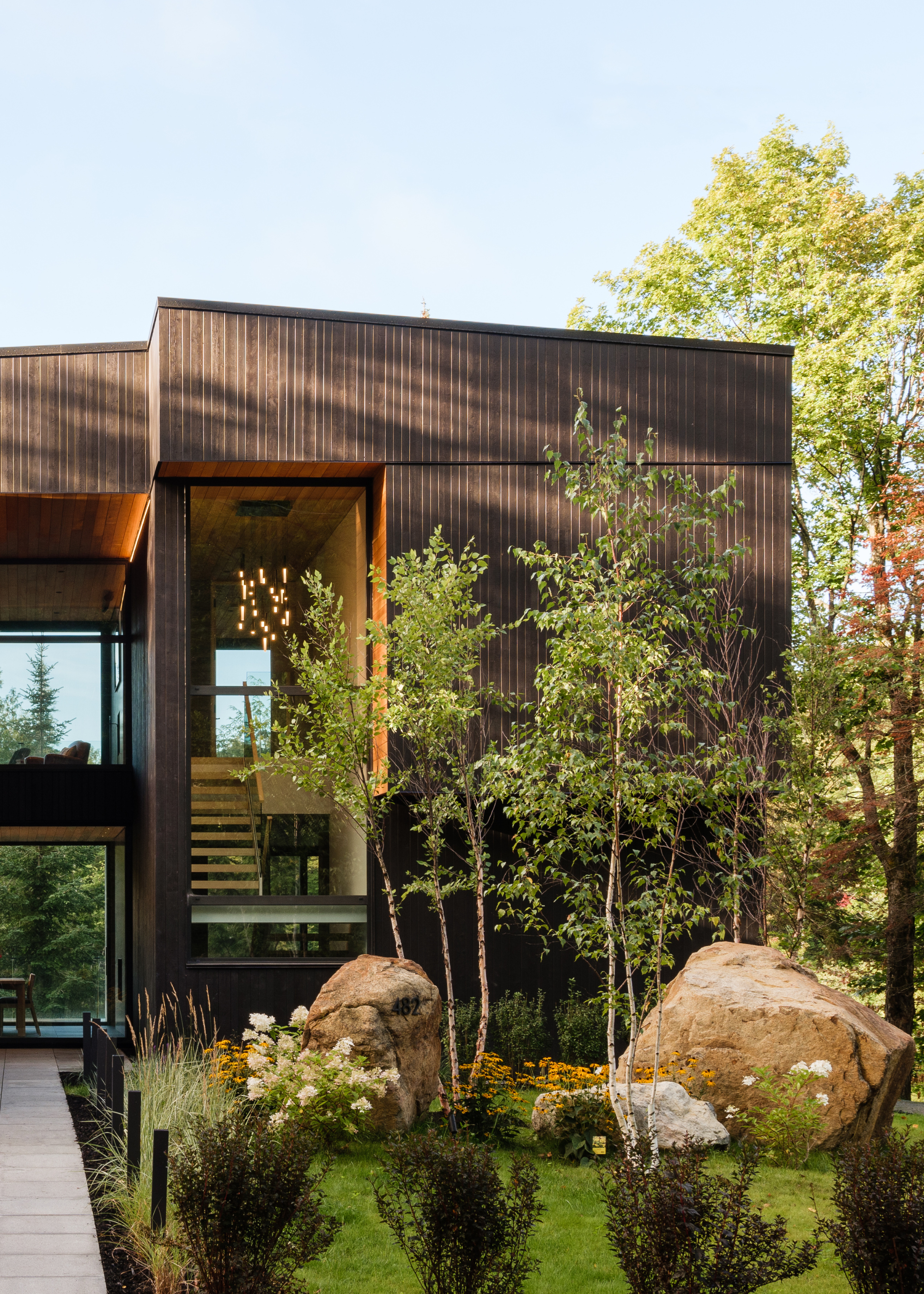
DO INSTEAD: Swap out for healthy, new seasonal natives.
Larry Dominque, landscape architect at Hooks & Lattice, tells me that winter-wilted plants should be one of the first things to do to prepare your garden for spring.
"Start by walking the landscape and identifying any perennials that didn’t survive the winter," he explains. "I recommend replacing any withering plants to maintain a lush, full look.
"Cut back dead debris from last year’s growth, and give overgrown plants a good trim to reintroduce structure and clarity. Don’t forget to top off mulch, gravel, or other bedding materials that may have thinned over the colder months."
Larry Dominque is a landscape architect at Hooks & Lattice, an outdoor design company specializing in window boxes, railing planters, hanging baskets and more.
5. Worn Planters
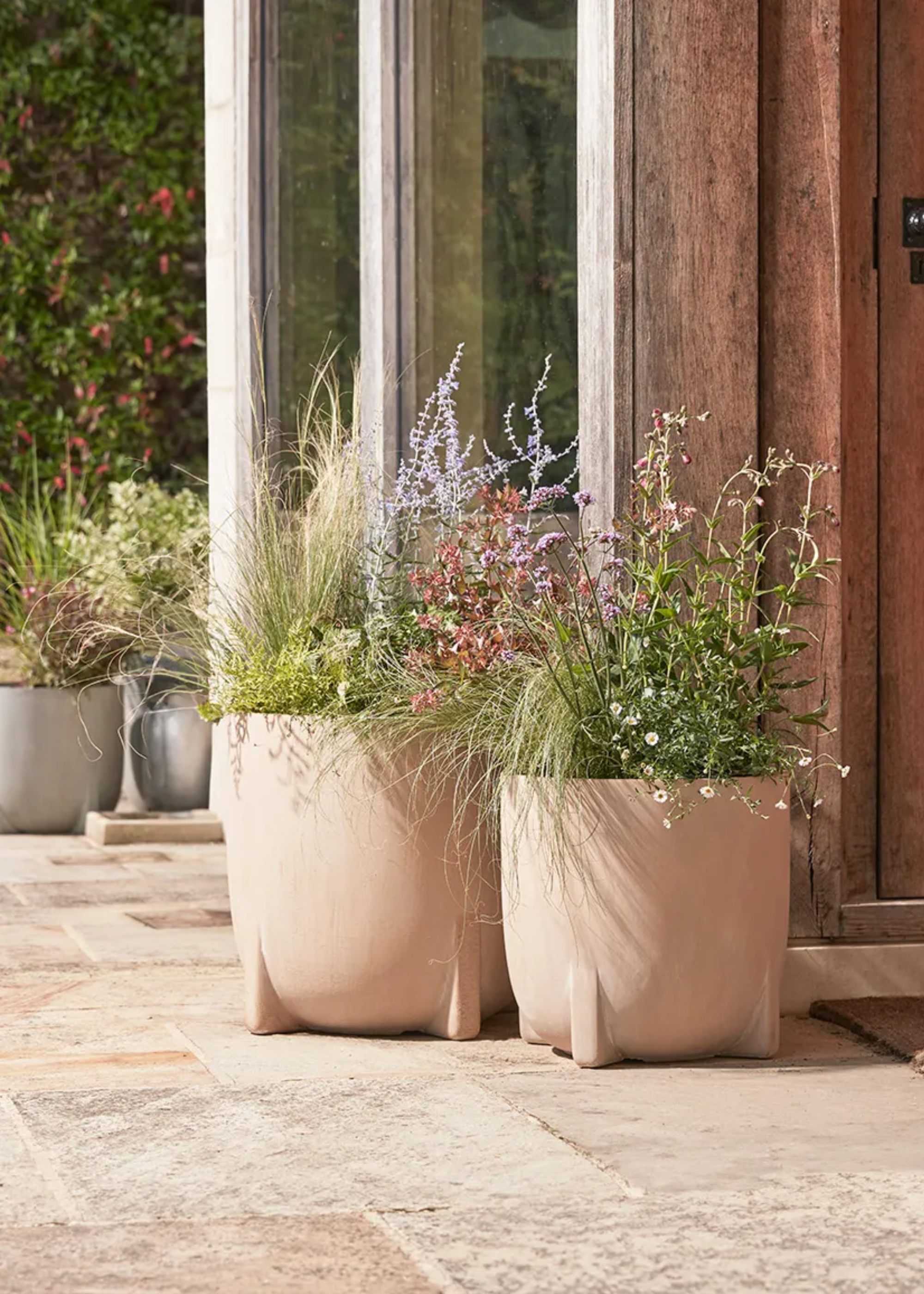
DO INSTEAD: Treat your garden to sleek outdoor planters.
Next, Larry recommends turning your attention to decor and curb appeal. One of the main things to consider when container gardening is the planter you use to house your plants.
"Retire any broken, faded, or stained planters and swap them out for signature pots that complement the space," he suggests. "For long-lasting elegance, consider materials like fiberstone or GFRC, which deliver both durability and elevated design."
I find that ceramic planters and aged terracotta planters offer a decorative finish that's both organic and stylish, making your garden look fashionable without even trying.
6. Outdated Outdoor Furniture
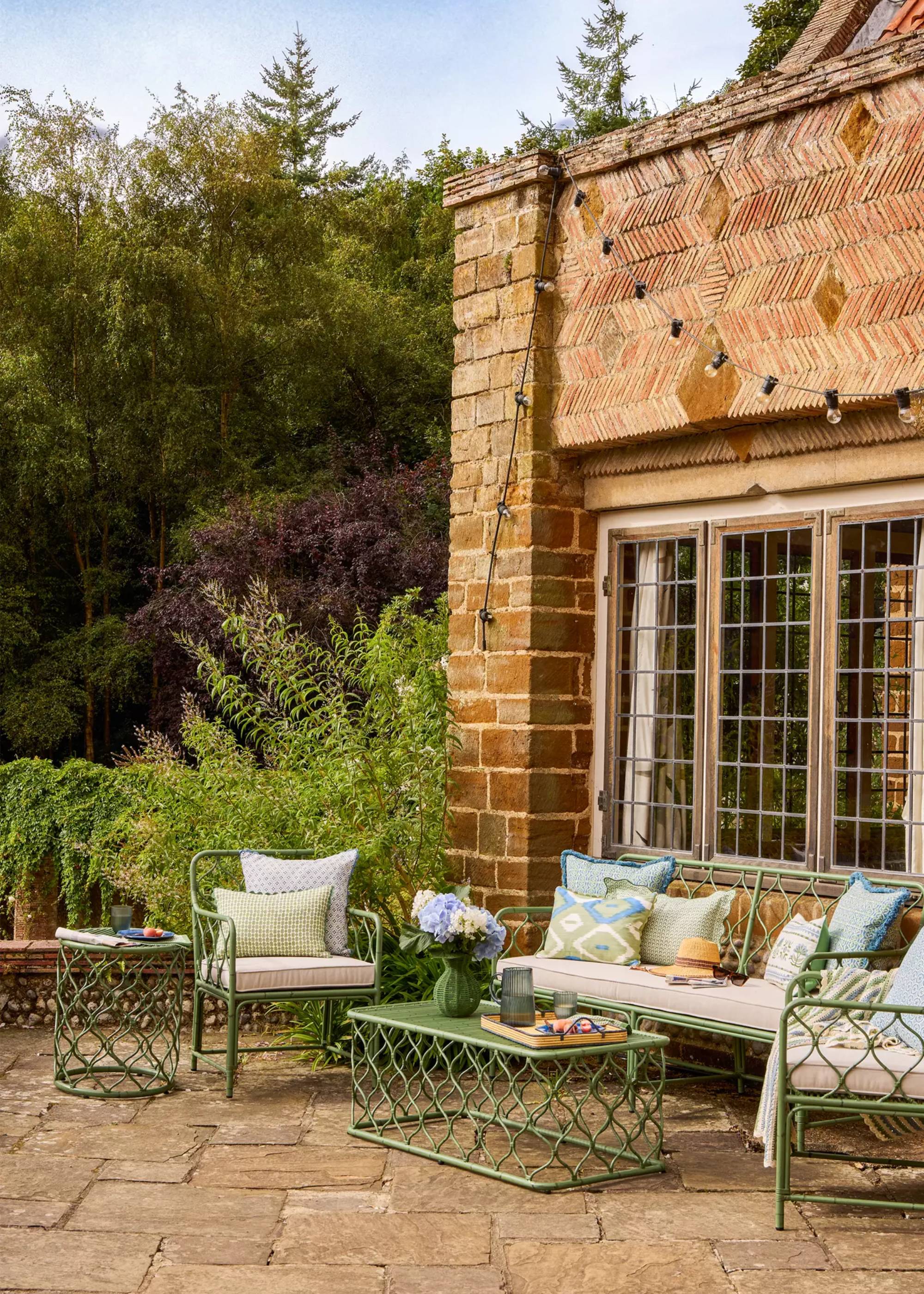
DO INSTEAD: Opt for a versatile and hardy garden set.
The first thing I tend to notice when I step into a garden is the patio furniture dressing the space. And Larry points out that outdated outdoor furniture can knock major points off the space's design quotient.
"Inspect outdoor furniture for UV damage and refresh the look with updated cushions, rugs, or woven accents," he recommends. "A quick pressure wash of decks, walkways, and pavers also goes a long way in giving your space a crisp, revitalized feel."
If you're lucky, cleaning your outdoor furniture will do just the trick, but if not, I'd say you're just as lucky because you have a brilliant excuse to bring home some sleek, fresh furniture.
7. Invasive Crops
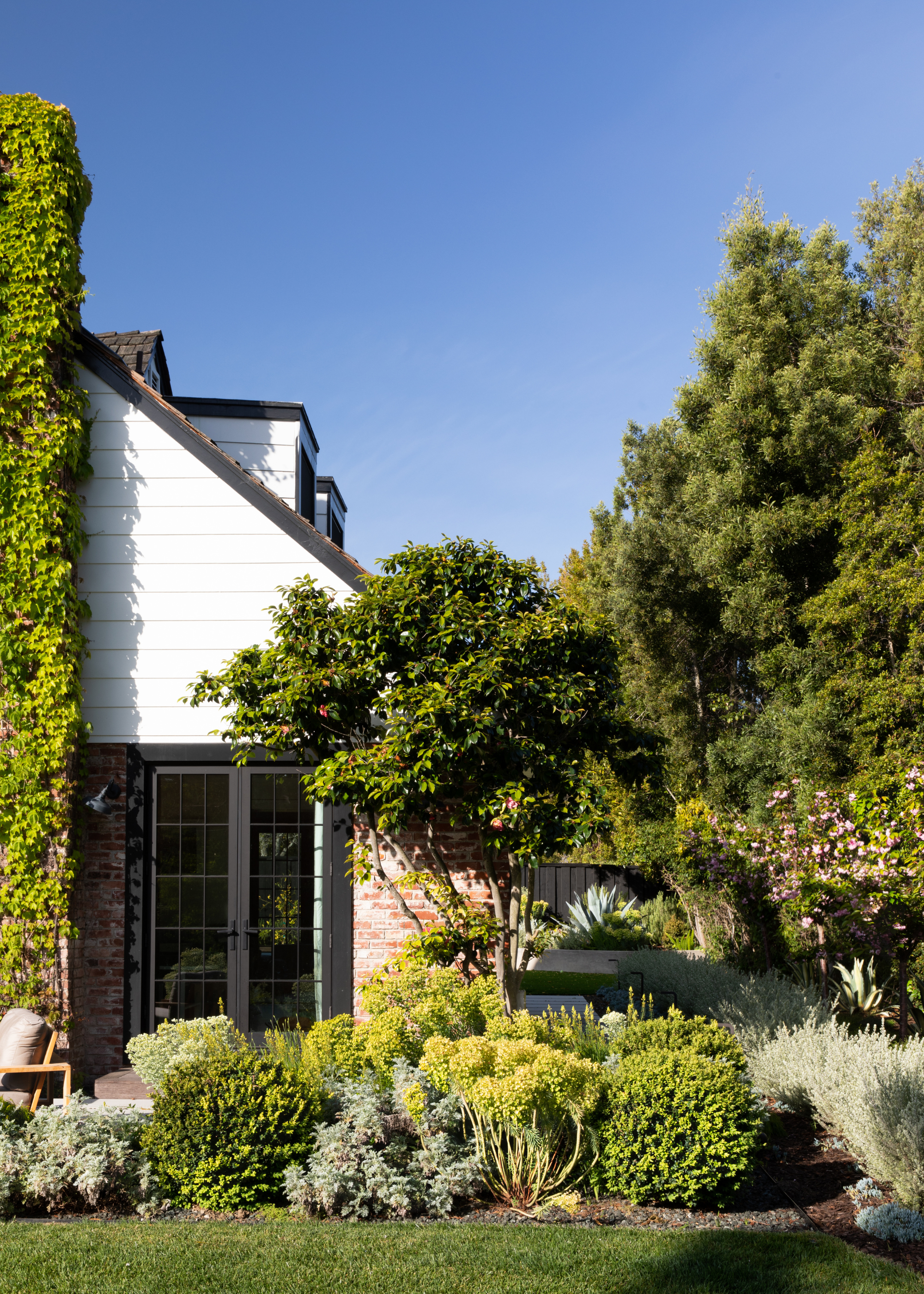
DO INSTEAD: Remove them from your garden and keep an eye out for silent creepers.
"Nothing makes me sadder than unkempt and invasive plants," says landscaping and gardening expert Matt Moniz.
"In other words, English ivy, bamboo, or mint could start enchanting enough to become eminent," he explains. "But quickly they find their ways into flower beds, clamp down trees, and damage hardscaping.
"I recommend getting rid of or dwarfing those species with ones fairly well-behaved, principally perennials or some structured shrubs like boxwoods and lavenders in harmony with the overall design."
Matt Moniz is a landscaping and garden expert at Maverick Landscaping, based in Ontario, Canada. The company operates with a focus on planting, stonework, landscape maintenance, and carpentry.
8. Artificial Turf
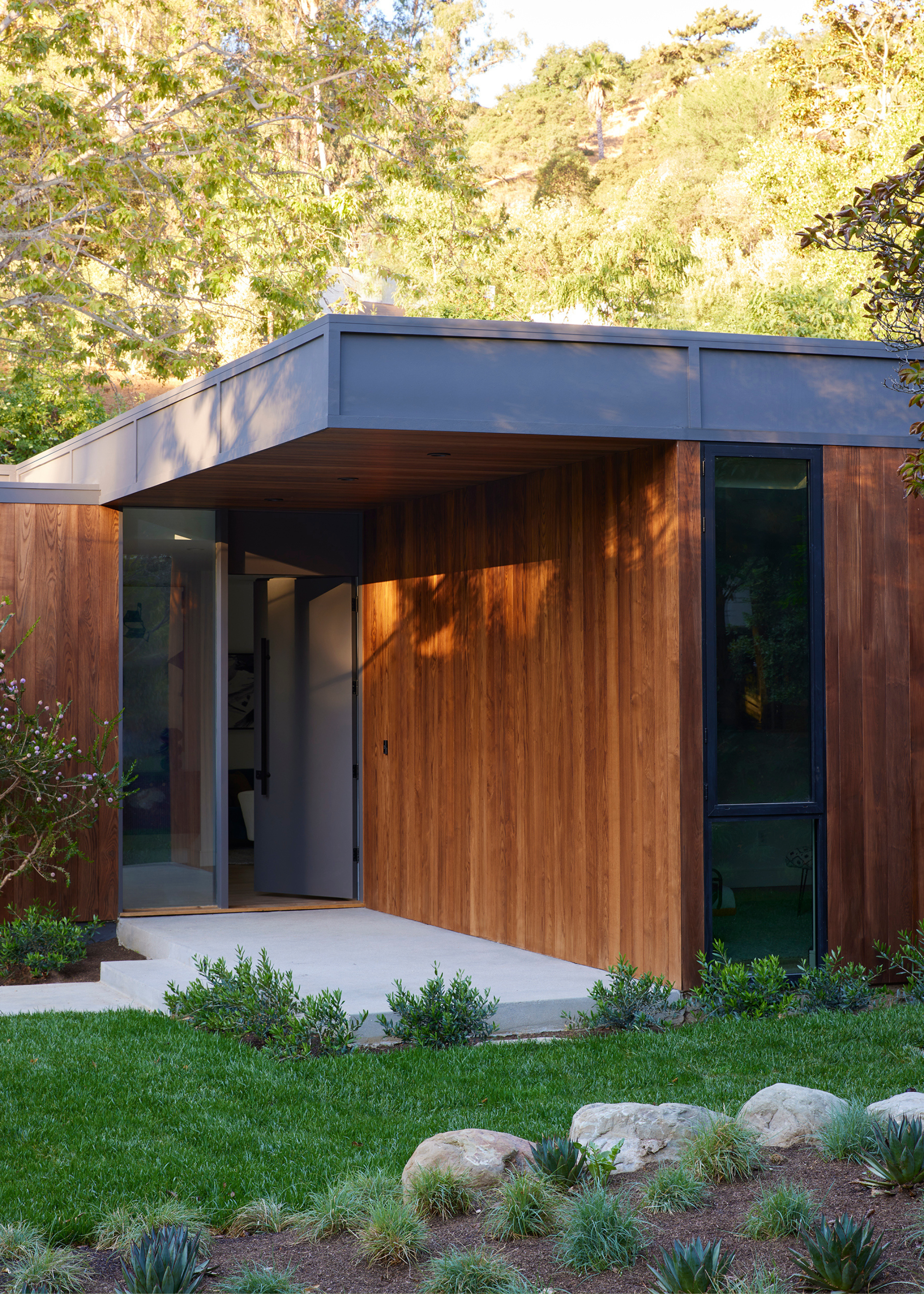
DO INSTEAD: Real, living grass for a beautiful outdoor space.
"I also recommend getting rid of anything synthetic and cheap-looking in your garden," says Matt. "Starting with artificial turf that has seen far better days, in favor of something natural.
Matt tells me that nothing establishes class in a garden like real grass or pea gravel walkways, and I couldn't agree more. There's something about plastic turf that immediately tanks the space and ruins the essence of lounging outdoors.
Instead, it's better to invest in quality landscaping. It will make all the difference and uplift your garden in no time.
9. Aged Garden Accessories

DO INSTEAD: Invest in a new garden tool kit and stow away for longer use.
Just as the beauty in most spaces lies within the little details that seem so thoughtfully curated, the same goes for messes, too.
"Other items, such as busted tools, leftover mulch bags, and old hoses, should also be removed," says Matt. "Put that hose on a reel or tuck it away in an outdoor storage box, and you will upgrade the polished, minimalist look of your garden."
This is especially if you're brainstorming ways to make your small garden look more expensive. By making such small changes, you'll notice an instant and significant difference.
10. Piled-Up Debris
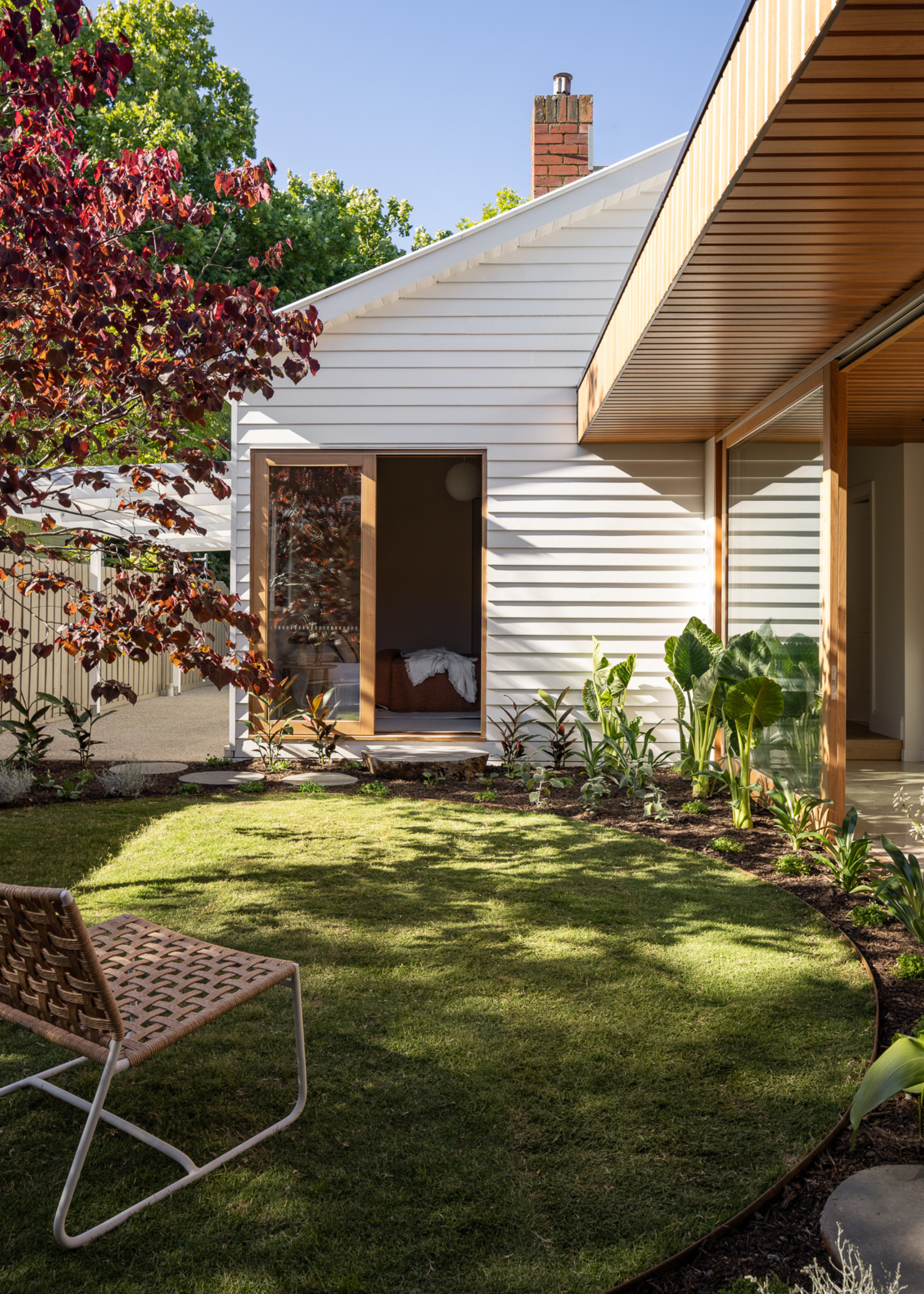
DO INSTEAD: A deep garden clean-up that will instantly elevate the space.
Last but not least, debris. Crunchy leaves are overly romanticised, and while I do love the sight of them on a cozy street, it's not the kind of thing I want lying around my backyard.
The same goes for trimmed weeds, cut stems, and any other debris that is strewn across your garden. This is one of the most essential tasks to clear up your backyard and give it a glow-up in time for spring hosting.
It might not be the most glamorous of tasks, but trust me, the instant gratification from a totally clean lawn is worth the work.
FAQs
How Often Should You Declutter a Garden?
When it comes to the frequency of garden decluttering, Matt suggests doing a deep seasonal clean-up four times within the year, around spring, summer, autumn, and winter.
"Beginning in early spring, clean-up should include getting rid of any leftover winter debris, such as fallen branches, dead leaves, and any sort of moldy mulch that is now beginning to compact," he says.
"It's also prime time for giving those shrubs a light pruning and removing all the plants that didn't quite make it through. Summer is all about tending; you have to pay special attention to wilting flowers, pest problems, and weeds that seem determined to crop up in every adjoining space."
Lastly, he adds: "the work's not over until fall, when perennials should be cut back, leaves must be raked, and any completed annuals must get tossed. Winter checks through: broken branches and diseased decor are all to be removed after storms."
Now that your garden is clutter-free, you'll find plenty of room for new additions to brighten up the space. And you can start by hopping on 2025's outdoor furniture trends.
And if you're looking for further inspiration, Livingetc's global brand director Sarah Spiteri has some Rowen & Wren garden furniture that has done right by her backyard in the way of hardwearing, good-looking design.

Amiya is a Home Wellness Writer at Livingetc. She recently graduated with a Masters Degree in Magazine Journalism from City, University of London, and has lent her words to beauty, fashion, and health sections of lifestyle publications including Harper’s Bazaar and Women’s Health. Her experience as a research analyst has equipped her with an eye for emerging trends. When she’s off the clock, she can be found reading, listening to music, or overanalyzing her latest Co-Star update.
